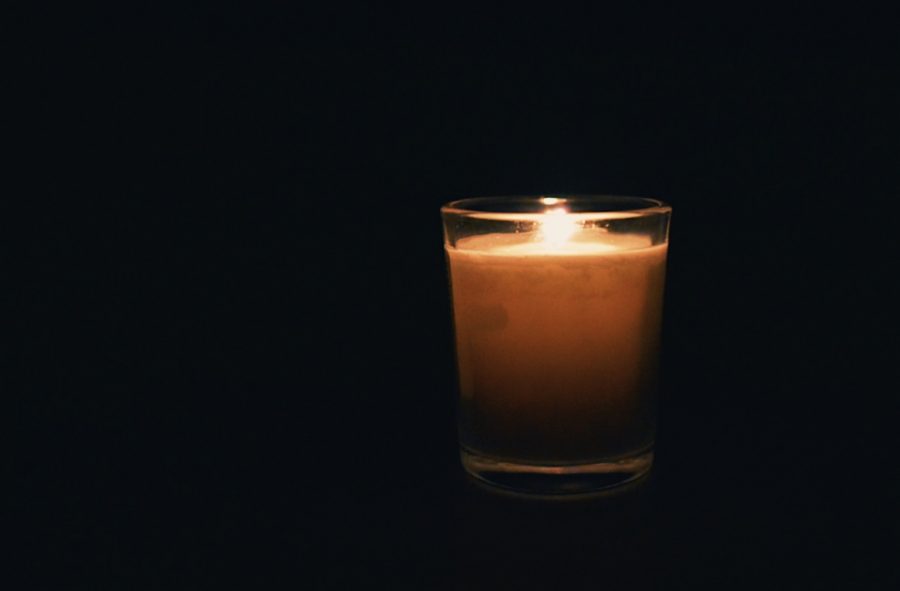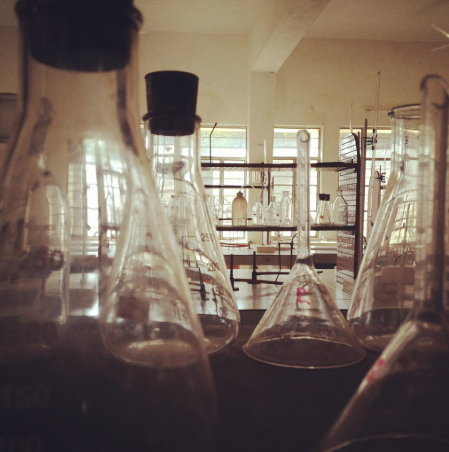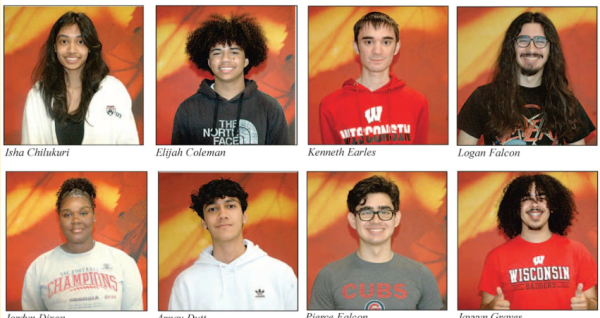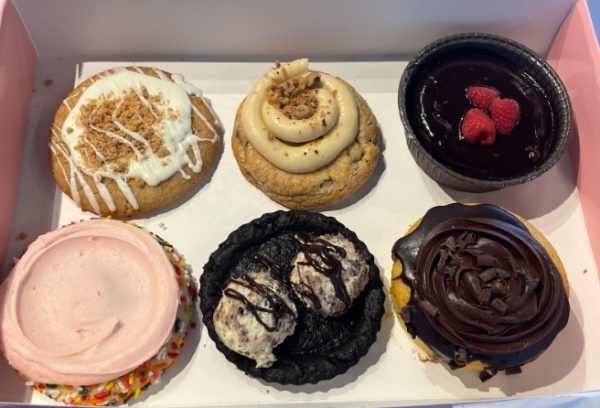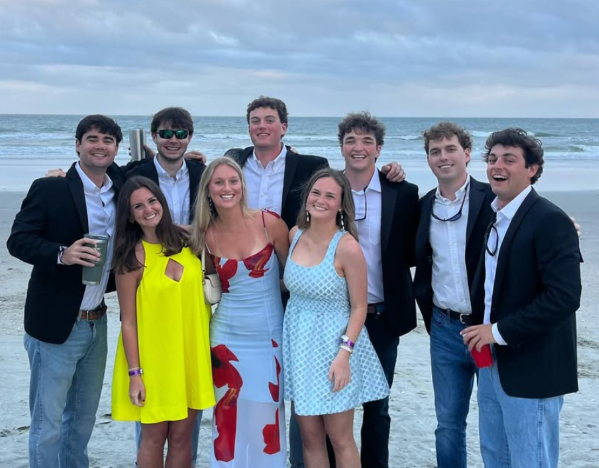Holocaust Remembrance is More Important Now Than Ever
On International Holocaust Remembrance Day, candles are lit as a symbol of remembrance to the victims of the Holocaust.
With International Holocaust Remembrance Day – the anniversary of the liberation of Auschwitz-Birkenau, the largest Nazi concentration and death camp – occurring last week, on January 27, 2019, we face a waning number of Holocaust survivors, an unprecedented upsurge of anti-Semitism, hate crimes, and Holocaust denial.
On this day of remembrance, everyone is encouraged to honor the six million Jewish victims of the Holocaust and millions of other victims of Nazism.
In 2005, International Holocaust Remembrance Day was established by the United Nations. Countless events occur to mark this day throughout the United States and the world that are attended by Jews as well as non-Jews. A United Nations ceremony, with guests that include world leaders and Holocaust survivors, is also held annually during the week of January 27.
There are many lessons to learn from International Holocaust Remembrance Day, such as the dangers of indifference and the consequences of fear and hate. However, the primary intent of this day is not to explain the origins of anti-Semitism or list the many causes of the Holocaust. The purpose is to honor the victims of Nazism and urge individuals, schools, and organizations to develop and practice educational programs that explain the horrors of the Holocaust, prevent future genocides for all religions, races, and ethnicities, and combat anti-Semitism.
As the United States Holocaust Memorial Museum shares, “The purpose of International Holocaust Remembrance Day is two-fold: to serve as a date for official commemoration of the victims of the Nazi regime and to promote Holocaust education throughout the world.”
The Holocaust is more than a warning from the past; it is an indelible scar on humanity. The value of the millions of innocent lives lost – men, women, and children – is immeasurable. Imagine what could have been achieved by those who were massacred. Consider what could have been discovered, created, and prevented.
The Holocaust was not the murder of millions of people. It was the murder of millions of individuals. Not only were over six million Jewish individuals murdered but additionally, millions of non-Jewish men, women, and children were slaughtered because of their ethnicity, religion, and political beliefs. All individuals affected by the Holocaust were mothers, fathers, daughters, sons, friends, doctors, lawyers, business owners, artists, athletes, teachers, and students – people like you and me.
Renata Laxova is a Madison resident who escaped Nazi persecution as a child through a program named Kindertransports – an operation organized by Sir Nicholas Winton to rescue 669 children, most of them Jewish, from Czechoslovakia on the eve of World War II. Last week, at her North Madison home, she shared her experience as a child before and during World War II in Europe.
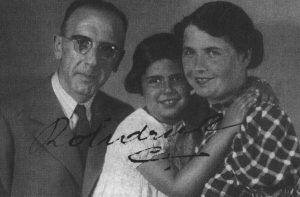
Laxova with her parents in Czechoslovakia in 1939, days before leaving for England through the Kindertransport.
In 1931, Laxova was born in the city of Brno, Czechoslovakia, the only child of a successful accountant and his wife. “Before Hitler, we had a good life . . . I did everything that a little girl does . . . Czechoslovakia was a great country. Very freedom-loving . . . But then people became maniacal, there was mass hysteria,” explains Laxova. The mass hysteria that Laxova references are the evil attitudes and actions that were a result of Hitler’s rise to power. Hitler created intense anti-Semitic fear and hatred, and falsely accused Jewish people for Germany’s economic downfall and the country’s defeat in World War I.
In 1939, 9.5 million Jewish individuals lived in Europe, accounting for 57% of the world’s Jewish population, according to the Pew Research Center. However, in 1945, after the Holocaust, the European Jewish population had decreased by 58% to 3.8 million, or 35% of the world’s Jewish population.
“My husband had a Bar Mitzvah at age 13, before the war. At the Bar Mitzvah, there were 120 people; most of them were Jews, and most were his family members . . . After the war, of these 120 who came to his Bar Mitzvah, there were four left over, and he was one of the four,” Laxova shared.
The global Jewish population has yet to recover to pre-Holocaust levels. In 1939, there were 16.5 million Jewish people worldwide; today, there are approximately 14.5 million.
The Holocaust was primarily caused by anti-Semitism; throughout the world, the United States, and at Middleton High School, there continues to be an increase in anti-Semitism.
An extensive 2015 study conducted by the Anti-Defamation League (ADL), a leading anti-hate organization, discovered that more than 25% of the people surveyed harbored anti-Semitic attitudes – representing 1.09 billion adults around the world. The FBI reported in 2017 that despite being two percent of the United States population, 58% of religious-based hate crimes in America are against Jewish people, an increase of 37% since 2016.
Remembering the Holocaust teaches how the spread of abhorrent beliefs, such as anti-Semitism, can evolve into a force much more malicious and lethal. It is vital that everyone makes an effort to educate themselves and others about the Holocaust, to ensure that a genocide so immeasurable and heinous never happens again and the millions of individuals who were murdered are not forgotten. As the late Nobel Prize Laureate and Holocaust survivor Elie Wiesel declared in his book, Night, “To forget the dead would be akin to killing them a second time.”
Despite the imperativeness of remembering this horrific period, people are increasingly ignoring and denying the Holocaust, which is a fatal mistake for all of us – Jewish and not-Jewish.
A study released in 2018 by the Claims Conference, an organization that “represents the world’s Jews in negotiating for compensation and restitution for victims of Nazi persecution and their heirs,” found frightening gaps in the Holocaust knowledge of Americans: 31% of all U.S. adults and 41% of millennials believe that much less than six million Jewish people were killed during the Holocaust, 45% of U.S. adults and 49% of millennials cannot name one of the over 40,000 concentration camps and ghettos in Europe during the Holocaust, and 20% of U.S. adults and 35% of millennials have never heard of Auschwitz. Auschwitz is the Holocaust death camp responsible for more than one million murders of innocent lives by gas chamber, massacre, starvation, disease, and torture.
Similarly, the ADL discovered in a 2015 survey that two out of every three people worldwide have either never heard of the Holocaust or do not believe the historical accounts to be accurate.
“I speak to kids at schools, and frequently I begin my talk by saying, ‘raise your hand if your parents may not believe that the Holocaust existed.’ There is always a good 20-30 of them who raise their hands,” said Laxova.
People who deny that the Holocaust existed are factually wrong. Holocaust denial and distortion are forms of anti-Semitism. Those who deny this genocide of millions of innocent individuals commonly do so because of their hatred of Jewish people. These views perpetuate long-standing anti-Semitic stereotypes, hateful charges that were instrumental in laying the groundwork for the Holocaust. Holocaust denial, distortion, and misuse all undermine the understanding of history.
As more people choose to deny history and do not learn about the Holocaust, individuals develop anti-Semitic beliefs. According to a 2010 Harvard University study, knowledge about the Holocaust typically leads to greater sympathy for Jewish people and fewer anti-Semitic beliefs. As the Holocaust fades from memory, anti-Semitism increases; as anti-Semitism increases, other forms of hate increase. This leads to a normalization of hate and the rise in the possibility of mass genocide. Laxova warned, “It [mass genocide] could happen again. I have never believed it as strongly then as I have over the past two years.”
With the increase of anti-Semitism and the rise in levels of Holocaust denial, maintaining the memory of the Holocaust and the lessons it teaches us are more important today than ever before. We must target forms of hate such as anti-Semitism in the early stages, educate ourselves and others, and work together to prevent another mass genocide from occurring.
We should all yearn to create a better world and stand up to evil by protesting, educating, teaching, and communicating. Americans do this for many causes, and should also do so for their Jewish friends and neighbors. Why doesn’t the media cover anti-Semitism as much as other forms of hate? Why do politicians, on the left and right, fail to recognize and confront anti-Semitism? Why do many activists promote hatred of Jews? Why is anti-Semitism becoming normalized?
While many of these questions remain unanswered, we must fight the upsurge in, normalization of, and lack of media coverage of anti-Semitism.
We must all combat anti-Semitism in its small offenses and microaggressions before they become incredibly dangerous. Anti-Semitism should be called out just as much as racism, xenophobia, and homophobia. Education is key in ensuring that the Holocaust is not forgotten. Properly educating yourself and others about the atrocities of the Holocaust helps combat anti-Semitism.
Laxova said, “I am optimistic for the future. But people should like each other for goodness sake. Everyone should . . . respect one another, help one another, educate each other, help others prosper, and talk about things rather than avoid them.”




